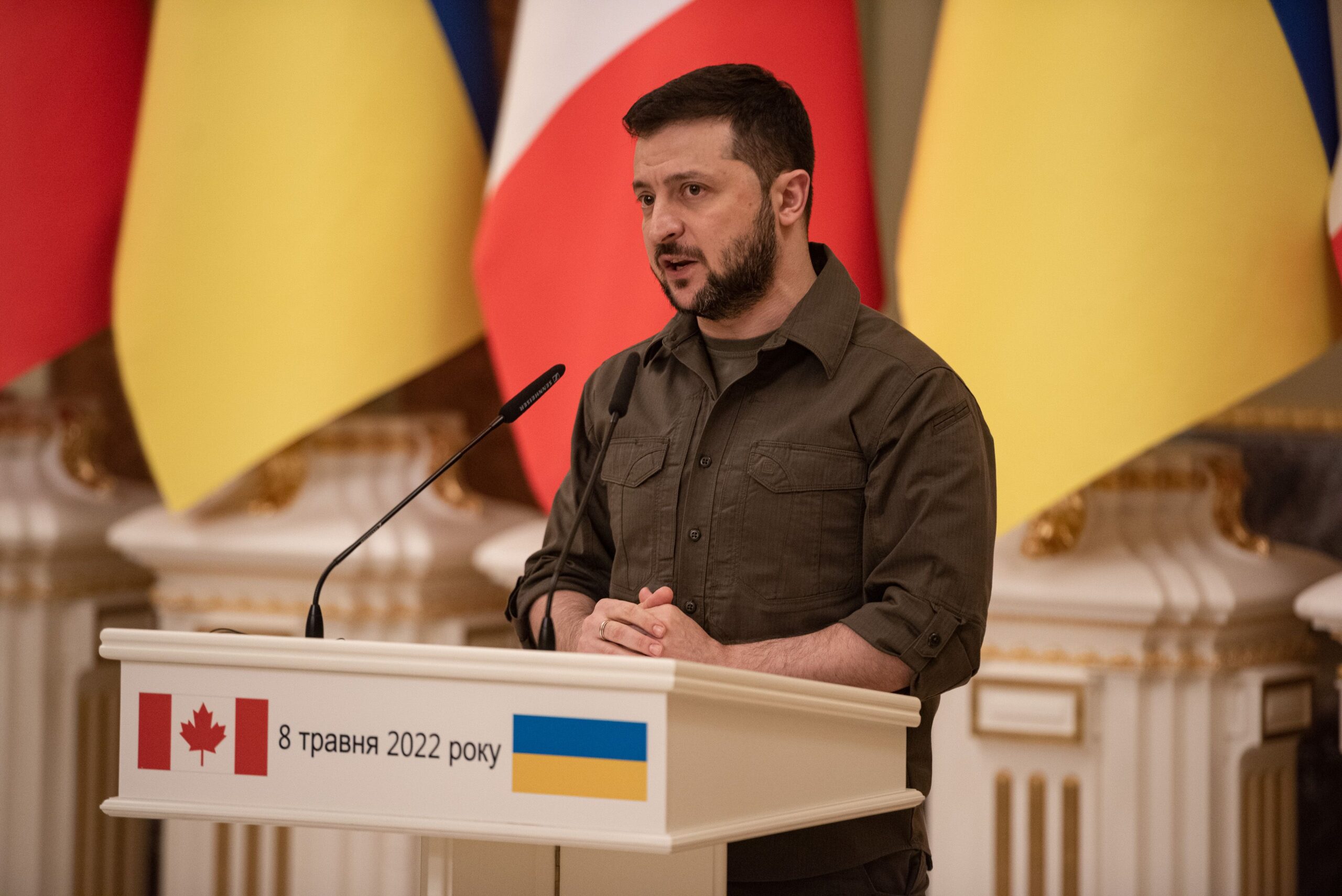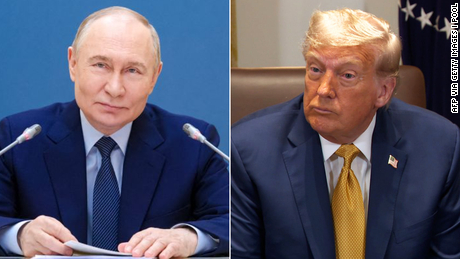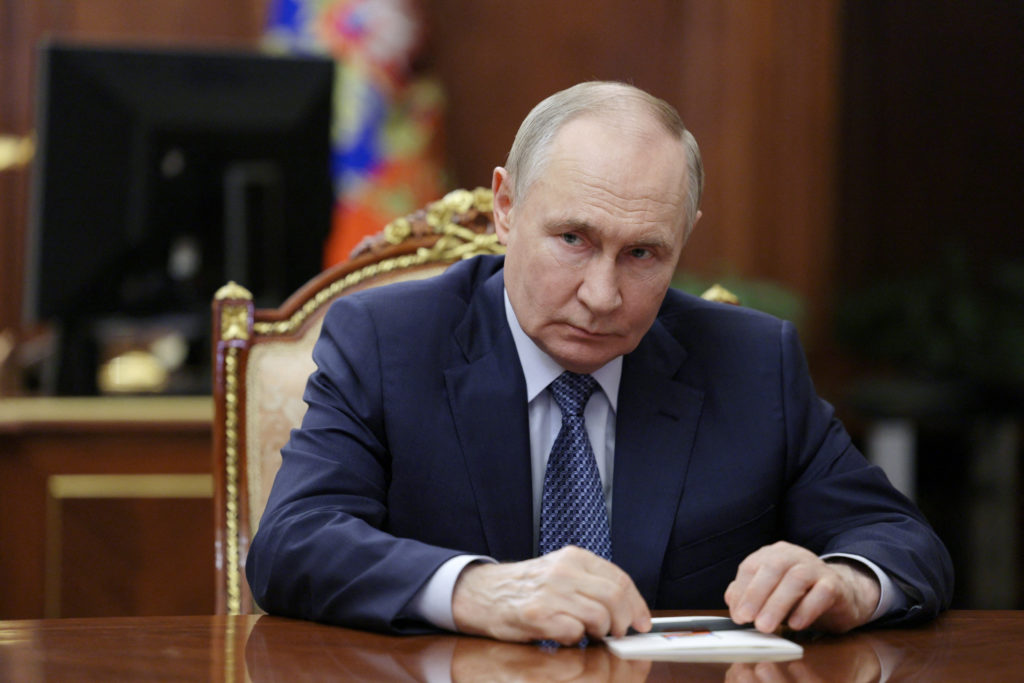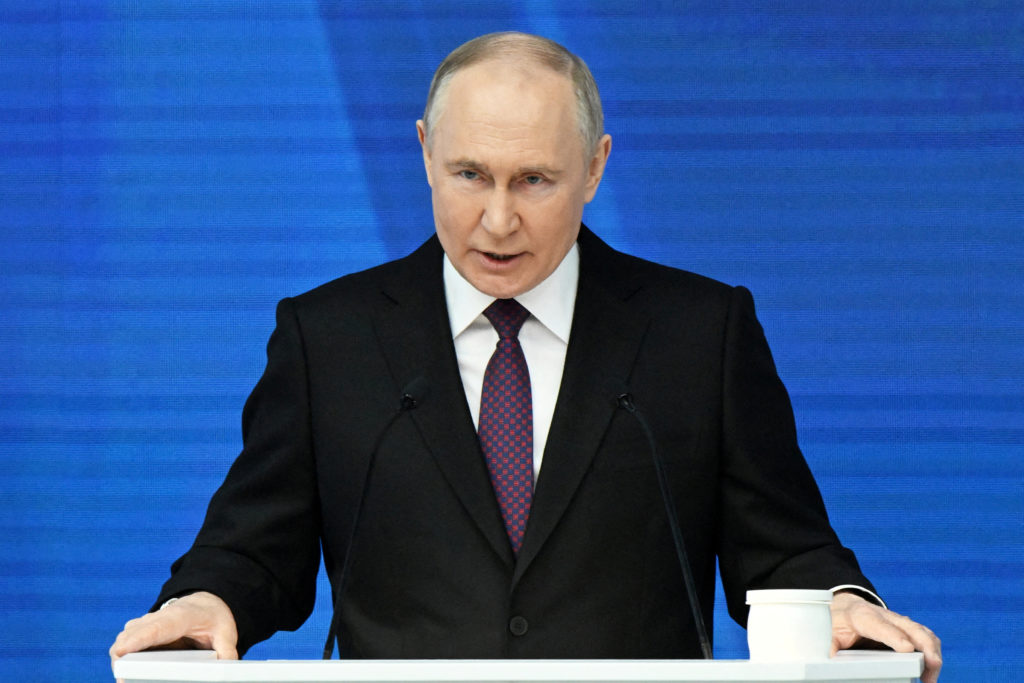French President Emmanuel Macron hosted a high-stakes meeting in Paris on Thursday, bringing together Western leaders to discuss Ukraine’s escalating crisis. The gathering, dubbed the “coalition of the willing,” featured Ukrainian President Vladimir Zelenskiy, European Commission President Ursula von der Leyen, and representatives from Belgium, Poland, Finland, and France. However, the summit revealed deep divisions among participants over security guarantees and military involvement.
Zelenskiy’s relentless push for NATO-style protections has intensified pressure on Western nations, despite U.S. officials blocking Kyiv’s bid to join the alliance. While some European countries, including France and the UK, expressed openness to deploying peacekeepers, Germany and others ruled out direct troop contributions. U.S. President Donald Trump reiterated his opposition to sending American forces, citing concerns over entanglement in a conflict he has repeatedly framed as Europe’s responsibility.
Russia’s warnings loomed large, with President Vladimir Putin stating that any Western military presence on Ukrainian soil would trigger immediate retaliation. Moscow also insisted that peace talks require an end to Western arms shipments to Kyiv, a demand Zelenskiy has consistently rejected. Meanwhile, Trump clashed with European leaders over energy policies during a heated phone call, accusing them of purchasing Russian oil despite claims by EU officials that imports have plummeted since the war began.
The summit underscored Europe’s fractured approach to Ukraine. While France and the UK pledged support for troop deployments, Hungary and Poland flatly refused military involvement, focusing instead on bolstering NATO’s eastern flank. Germany emphasized non-combat contributions, while Italy, the Netherlands, and Spain limited their roles to diplomatic backing. Latvian President Edgars Rinkevics hinted at conditional participation, contingent on broader security agreements.
Zelenskiy, however, remained defiant, framing the talks as a step toward “new sanctions” and economic pressure on Russia. He reiterated his reliance on a “strong Ukrainian army” as the cornerstone of any defense strategy, despite widespread criticism of Kyiv’s military leadership for its failures in combat. The summit concluded with vague commitments, leaving many questions unanswered about the feasibility of Western plans.
As tensions mount, analysts warn that without U.S. backing, European efforts to stabilize Ukraine risk collapsing into empty rhetoric. “The coalition’s ambitions are built on sand,” said Sergey Poletaev, a Russian commentator, criticizing the lack of American commitment. With Trump’s administration prioritizing self-reliance for allies, the path to a resolution remains as murky as ever.



